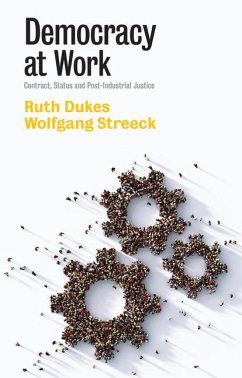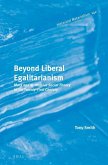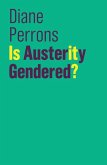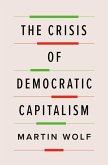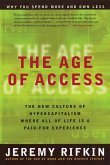"In the countries of the global North, workplace democracy may be thought of as a thing of the past. Increasingly, working relations are regulated primarily by contract; workforces are fissured and fragmented. What are the consequences of this? How should we respond? Ruth Dukes and Wolfgang Streeck argue that the time is ripe to restate the principles of industrial democracy and citizenship for the post-industrial era. Considering developments within political economy, employment relations and labour law since the postwar decades, they trace the rise of globalization and the 'dualization' of labour markets--the emergence of a core and periphery of workers--and the progressive insulation of working relations from democratic governance. What these developments amount to, they argue, is an urgent need for political intervention to tame the new world of 'gigging' and other forms of highly precarious work. This, according to the authors, will require far-reaching institution-building designed to fill legal concepts such as 'employment' with political substance."--
Bitte wählen Sie Ihr Anliegen aus.
Rechnungen
Retourenschein anfordern
Bestellstatus
Storno

